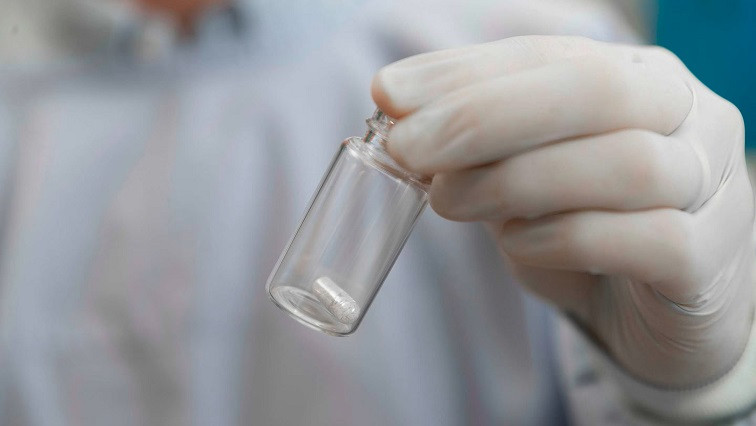Insulin was discovered in 1921 and is a life-saving medication for individuals with this condition. However, creating a safe and effective oral insulin has been a major medical hurdle until now.
This innovative pill has the potential to provide millions of people across the world with an alternative to injections. Diabetes affects as many as 422 million people globally, with 75 million of them relying on daily insulin injections.
Researchers at the University of Sydney created this oral insulin pill that may be consumed like any other tablet. They have tested this medication on mice, rats, and baboons.
Capsule with nano carriers
The new oral insulin is formulated using nano-scale material that is incredibly tiny, roughly 1/10,000th the width of a human hair.
This nanomaterial protects insulin molecules from stomach acid. This unique material does more than create a protective barrier. It also serves as a “nano-carrier” for insulin molecules, allowing them to reach the locations in the body where they are most required.
“A huge challenge that was facing oral insulin development is the low percentage of insulin that reaches the blood stream when given orally or with injections of insulin,” said Nicholas Hunt, lead author and member of the University of Sydney Nano Institute and Charles Perkins Center.
“To address this, we developed a nano carrier that drastically increases the absorbance of our nano insulin in the gut when tested in human intestinal tissue,” added Hunt.
Human trials set for 2025
Interestingly, this nano-scale substance has the remarkable ability to react based on the patient’s blood sugar levels.
When blood sugar levels are elevated, indicating a need for insulin to help regulate glucose, the coating dissolves and releases the insulin molecules into the bloodstream. Moreover, the coating is meant to prevent insulin release in case of low blood sugar levels.
This unique feature could reduce the risk of insulin injection-related adverse effects such as hypoglycemia. This is a low blood sugar condition caused by excessive intake of insulin.
The oral pill has shown promise in animal mode studies — with effective blood glucose control without the risk of hypoglycemia or toxicity.
“Our oral insulin has the added benefit of greatly reducing the risk of hypoglycemic episodes. For the first time we have developed an oral insulin that overcomes this major hurdle,” said Dr. Hunt in the press release.
Human trials are slated to begin in 2025, which will be led by Endo Axiom Pty Ltd, a spin-out company founded by the research team. This company was founded after 20 years of research by Professor Victoria Cogger, Professor David Le Couteur AO, and Dr. Hunt.
The findings have been published in the journal Nature Nanotechnology.
Read the original article on Interesting Engineering.







